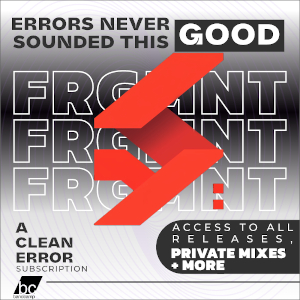Fennesz’ score is likely the most accessible music he has ever written, capturing the nexus of nature and civilization—the sea, the city of Tokyo, the grand modernist question mark that is the city of Brasilia, the forest clad in snow—that is the stage for Honetschlager’s story of hope and despair, imagination and the cold, hard facts of science and capital alike.

[Release page] Probably a day hasn’t gone by the past fifteen-odd years without someone thinking good thoughts about Christian Fennesz, the most musically loveable of our experimental contemporaries. Born in Vienna in 1962, his debut Hotel Paral.lel signaled a new, subtle direction for what was coming to be known as glitch music, recontextualizing it in a beatless, ambient/noise haze of guitar fed through a laptop. With Endless Summer in 2001, he was showered with universal praise; somehow, he had managed to capture some kind of pop lightning in a digital bottle that profoundly moved and entertained listeners far beyond his normal audience, while sending critics running for their thesauruses looking up superlatives.
Aun: The Beginning and the End of All Things is a feature-length meditation by Austrian artist and filmmaker Edgar Honetschlager on mankind and the irresistible pull the future exercises on its imagination, along with the angst which is its psychological by-product. Influenced by anthropologist Claude Lévi-Strauss, Japanese Shintoism and Brazilian proto-magic realist Clarice Lispector, the director upbraids the linear, Judeo-Christian belief in progress in a world that is suffering, and not in silence. Its plot posits a romantic reaction which re-enchants the world with spirit and eternal laws in synch with the quest to complete the possibly game-changing research of deceased Japanese scientist Sekai, whose work has been rediscovered by a blind scientist in Brasilia, Euclides, aided by his wife Nympha, who embarks on a journey to find Sekai’s son, Aun, believed to hold the missing key to the solution.
Honetschlager has his own vision of the future—in which man’s work is inextricably bound up with the world’s—everything mankind creates, he states, is also nature, and like nature, mankind is essentially sensual. Anyone wrestling with the idea of changing the future for the better is in deep, and although it is drama rather than documentary, Aun stands as an early twenty-first century counterpart to Godfrey Reggio’s Koyaanisqatsi and its memorable Philip Glass soundtrack. Although beautifully rendered, it has to be said that there is less of a distinct Fennesz imprint on the music, more of a matured ambient artist brilliantly complementing the visuals of his first full-length commission with sound. Glass’ music matched the sped-up tempo of Reggio’s “life out of balance” while Fennesz reflects the underlying diligence and continuity necessary to effect change taught by shintoism. Though not a milestone like Glass’, Fennesz’ score is likely the most accessible music he has ever written, capturing the nexus of nature and civilization—the sea, the city of Tokyo, the grand modernist question mark that is the city of Brasilia, the forest clad in snow—that is the stage for Honetschlager’s story of hope and despair, imagination and the cold, hard facts of science and capital alike. Featuring three tracks from his album 2007 collaboration Cendre with Ryuichi Sakamoto,
The album comes with a large booklet full of stills from the film for some small glimpse of the eye of the artist.
Aun: The Beginning and the End of All Things is available on Ash International. [Release page]






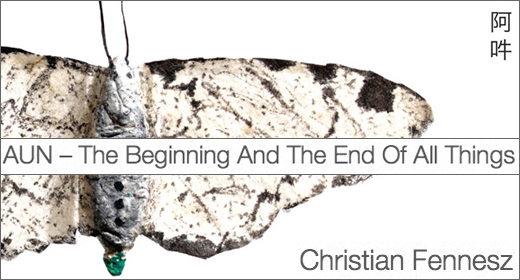


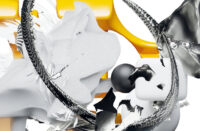
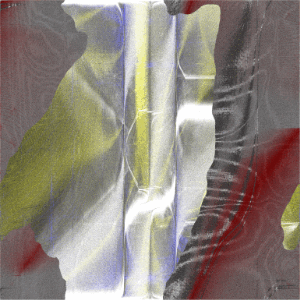
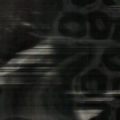
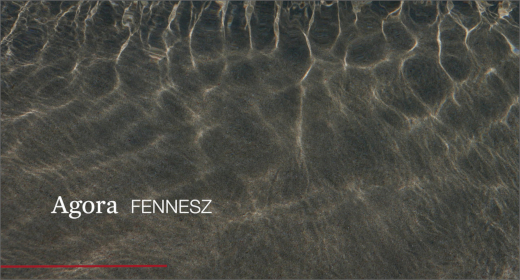
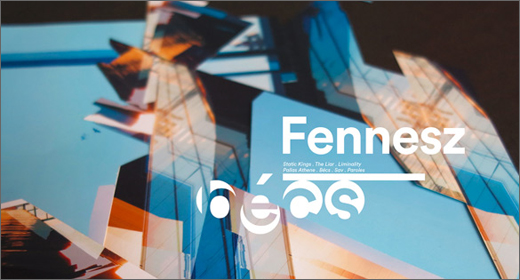
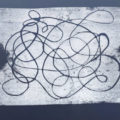
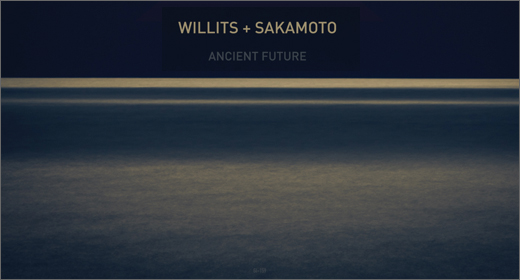


![Pole :: Tempus Remixes (Mute) — [concise]](https://igloomag.com/wp/wp-content/uploads/2025/04/pole-tempus-remixes_feat-75x75.jpg)






![Hasbeen :: Bunker Symphonies II (Clean Error) — [concise]](https://igloomag.com/wp/wp-content/uploads/2025/04/hasbeen-bunker-symphonies-ii_feat-75x75.jpg)
